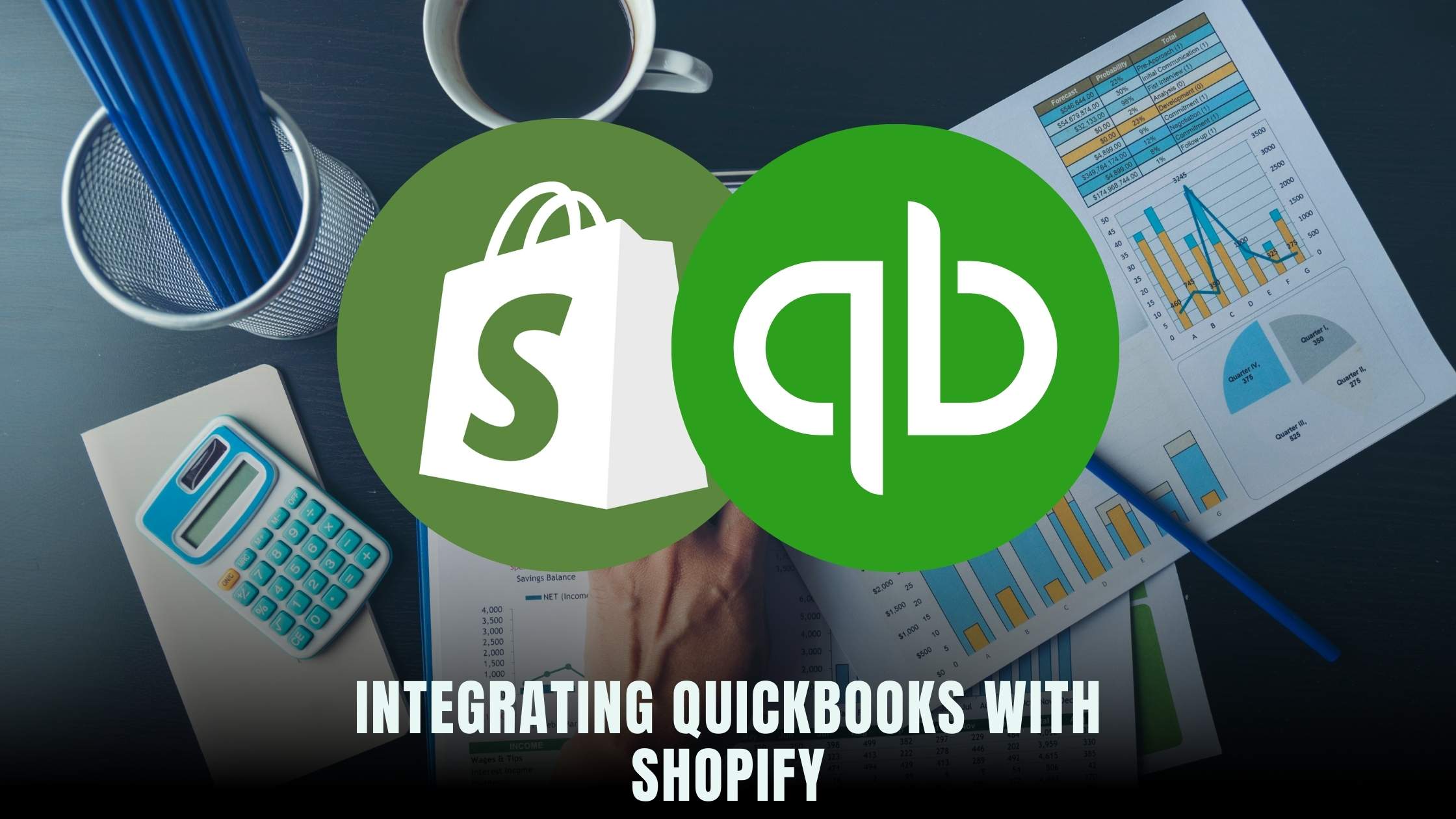Integrating QuickBooks with Shopify: Simplifying Processes
- Expense Management Software Credit Cards Investing Business Solutions


Integrating QuickBooks with Shopify: Simplifying Processes
In today’s digital landscape, e-commerce businesses rely heavily on efficient financial management systems to streamline operations and drive growth. Integrating QuickBooks with Shopify offers a seamless solution for managing finances, simplifying processes, and gaining valuable insights into business performance. In this article, we’ll explore the benefits of integrating QuickBooks with Shopify and provide actionable steps to enhance your e-commerce business’s financial management capabilities.
Enhancing Financial Management with QuickBooks and Shopify
1. Syncing Sales Data
By integrating QuickBooks with Shopify, businesses can automate the synchronization of sales data, including orders, invoices, and payments. This ensures accurate recording of transactions and eliminates the need for manual data entry, saving time and reducing the risk of errors.
2. Streamlining Inventory Management
With QuickBooks and Shopify integration, inventory levels can be automatically updated in real-time as sales are made on the Shopify platform. This enables businesses to maintain optimal inventory levels, avoid stockouts, and improve overall inventory management efficiency.
3. Managing Finances Efficiently
QuickBooks provides robust financial management features, including invoicing, expense tracking, and financial reporting. By integrating QuickBooks with Shopify, businesses can centralize their financial data and gain a comprehensive view of their financial health, facilitating better decision-making and financial planning.
4. Automating Tax Compliance
Integrating QuickBooks with Shopify allows businesses to automate sales tax calculations and compliance, ensuring accurate tax reporting and compliance with local tax regulations. This helps businesses avoid costly tax penalties and simplifies tax filing processes.
5. Analyzing Business Performance
QuickBooks offers powerful reporting and analytics tools that enable businesses to track key financial metrics, analyze sales trends, and gain insights into their overall business performance. By integrating QuickBooks with Shopify, businesses can leverage these analytics capabilities to make data-driven decisions and drive business growth.
Outline of Relevant SaaS Products for QuickBooks and Shopify Integration
- Avalara AvaTax: Automates sales tax calculations and compliance, seamlessly integrating with QuickBooks and Shopify to ensure accurate tax reporting.
- TradeGecko: Offers advanced inventory management features, allowing businesses to sync inventory data between QuickBooks, Shopify, and other platforms.
- Bold Commerce: Provides Shopify apps that enhance sales and marketing efforts, integrating seamlessly with QuickBooks for streamlined financial management.
- Xero: Offers an alternative to QuickBooks for accounting needs, with integrations available for Shopify to streamline financial processes.
- SkuVault: Optimizes warehouse management and inventory tracking, integrating with both QuickBooks and Shopify for synchronized data management.
Leveraging Subscribed.FYI for Enhanced Business Solutions
As businesses seek to optimize their financial management processes through integration with QuickBooks and Shopify, Subscribed.FYI offers a wide range of SaaS tools and solutions to further enhance business efficiency and productivity. By accessing Subscribed.FYI Deals, businesses can unlock exclusive deals and discounts on premium SaaS products mentioned in this article, empowering them to maximize the benefits of QuickBooks and Shopify integration and drive success in their e-commerce ventures.
Relevant Product Links:
- QuickBooks
- Shopify
- Avalara AvaTax
- TradeGecko
- Bold Commerce
- Xero
- SkuVault
- Subscribed.FYI
- Subscribed.FYI Deals








